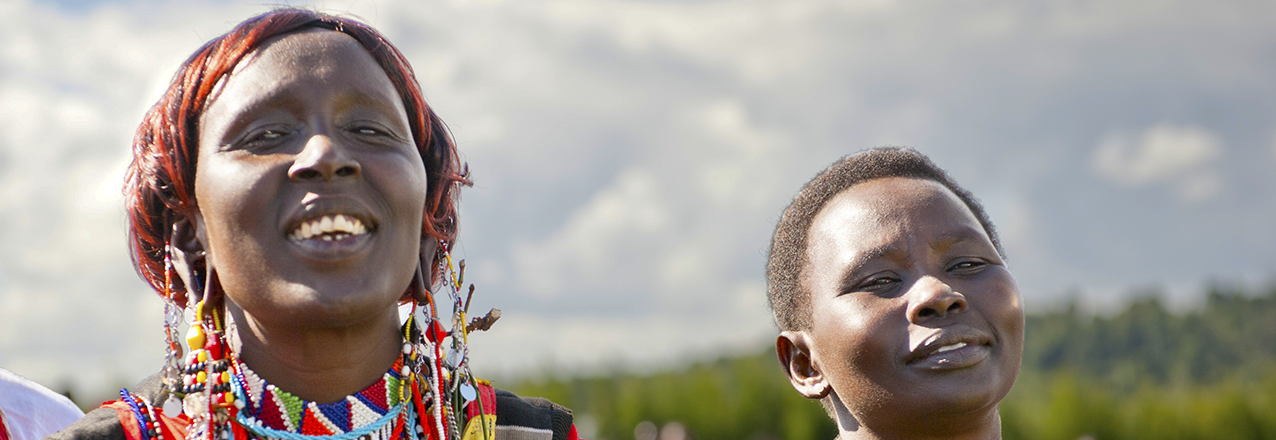Customary tenure is a set of rules and norms that govern community allocation, use, access, and transfer of land and other natural resources. The term “customary tenure” invokes the idea of “traditional” rights to land and other natural resources: “the tenure usually associated with indigenous communities and administered in accordance with their customs, as opposed to statutory tenure usually introduced during the colonial period” (FAO 2002).
While we tend to associate customary tenure with age-old practices, we are reminded that “how far these are rooted in the practices of past generations (i.e., traditions) is hardly relevant; they stem from and are sustained by the living community of today…The singular shared attribute of indigenous tenure regimes around the world today (and adhered to by no less than two billion people) is that they are community-based property systems” (Wily 2008). From the USAID Issue Brief.
USAID & Customary and Community Tenure
Through pilot programs, research, and evaluations, USAID is developing practical tools and methods to strengthen customary tenure systems. This page contains research, case studies, success stories and other resources to help guide practitioners in better understanding and addressing customary tenure challenges.
Photo Credit: Deborah Espinosa


